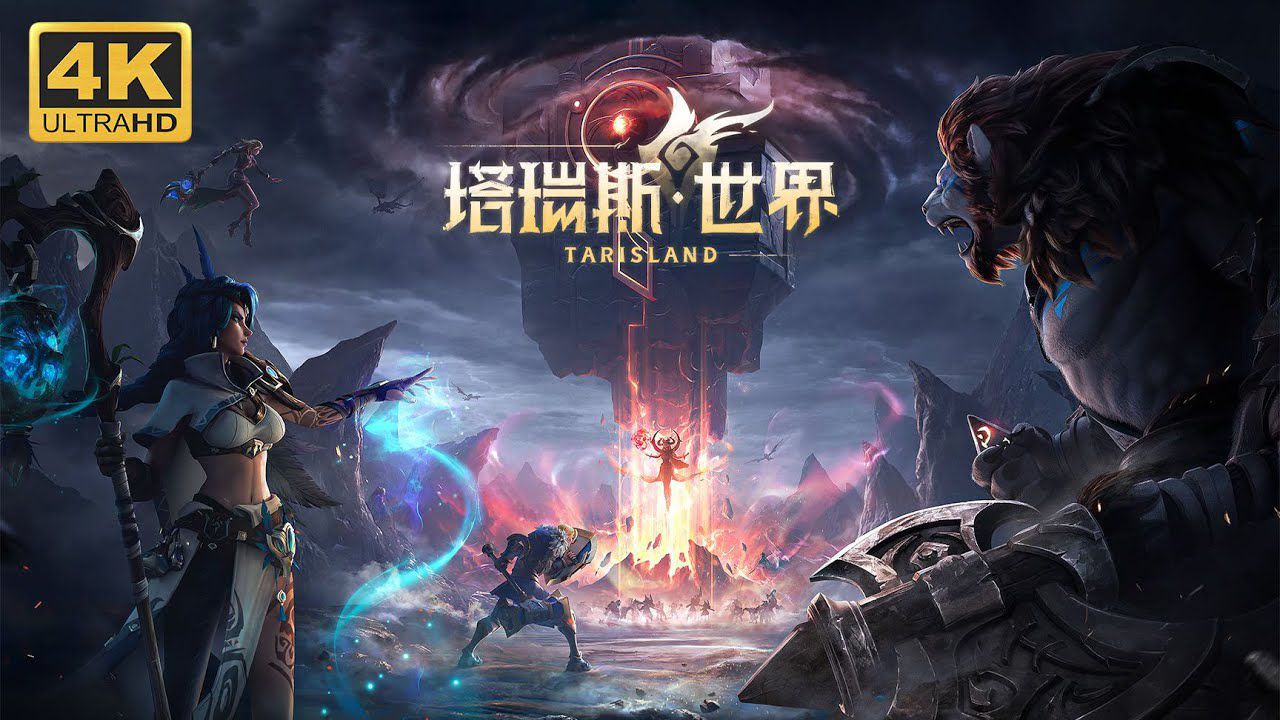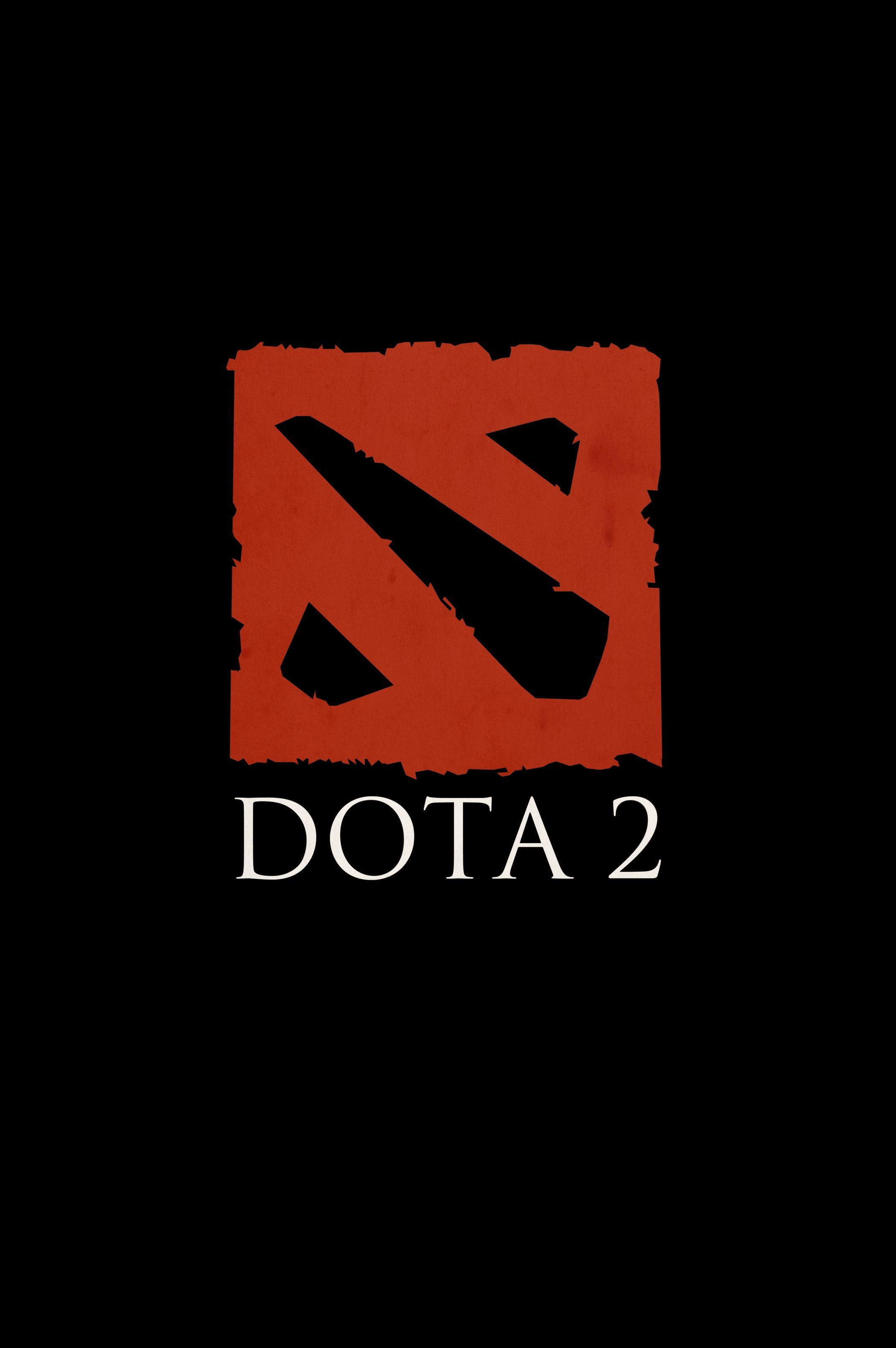Hot topic: Can stand-alone games not be connected to the Internet, please
Single-player Forced Networking: A Genuine Victim Experience for Players
As the way games are distributed has changed, the phenomenon of forced networking of single-player games has become increasingly common. Manufacturers require players to stay connected at all times during play, citing the prevention of piracy. This has caused many inconveniences and negative experiences for genuine players who pay to support the game.

Taking Red Dead Redemption 2 as an example, even if the player installs it on a solid state drive, they cannot avoid having to connect to the R star server every time they start the game. This kind of forced networking not only wastes players' time, but also brings irritability, especially if the server is unstable.

In the case of disconnection of the Internet, this pain is even more severe. Players have already purchased the game, but they cannot play without an Internet connection because the manufacturer's father did not agree. This makes people question whether the computer they have worked so hard to build and the games they have purchased are just the manufacturer's toys.

This kind of forced networking behavior is essentially an invasion of player privacy and gaming experience. Players should have full control over the game when they pay for the game, and should not be restricted by the manufacturer. In the long run, this will not only harm the interests of players, but also lead to the shrinkage of the entire game industry.
Although many players have expressed strong dissatisfaction with this phenomenon, complaints seem to be of no avail. The supremacy of the manufacturer has become the norm, and players are forced to accept this unreasonable behavior. However, we still hope that manufacturers will realize the negative impact of this practice and make changes to protect the interests of players and the game experience.









